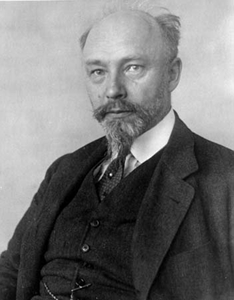A Quote by Ludwig Wittgenstein
Belief in the causal nexus is superstition.
Quote Topics
Related Quotes
During the last century, and part of the one before, it was widely held that there was an unreconcilable conflict between knowledge and belief. The opinion prevailed amoung advanced minds that it was time that belief should be replaced increasingly by knowledge; belief that did not itself rest on knowledge was superstition, and as such had to be opposed. According to this conception, the sole function of education was to open the way to thinking and knowing, and the school, as the outstanding organ for the people's education, must serve that end exclusively.
I argue is that philosophers have had a tendency to present a kind of mystical view of the powers of reflection. Unreflective belief acquisition is seen in mechanistic terms, but when philosophers talk about reflection, it is as if reflective processes are not bound by the kinds of limitations which inevitably arise from being embedded within the same causal structure which governs unreflective belief acquisition.







































